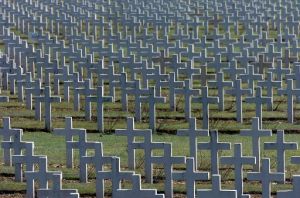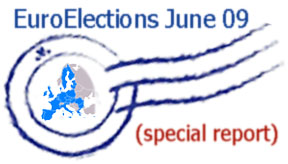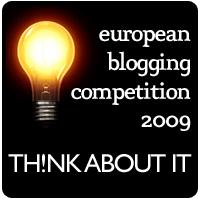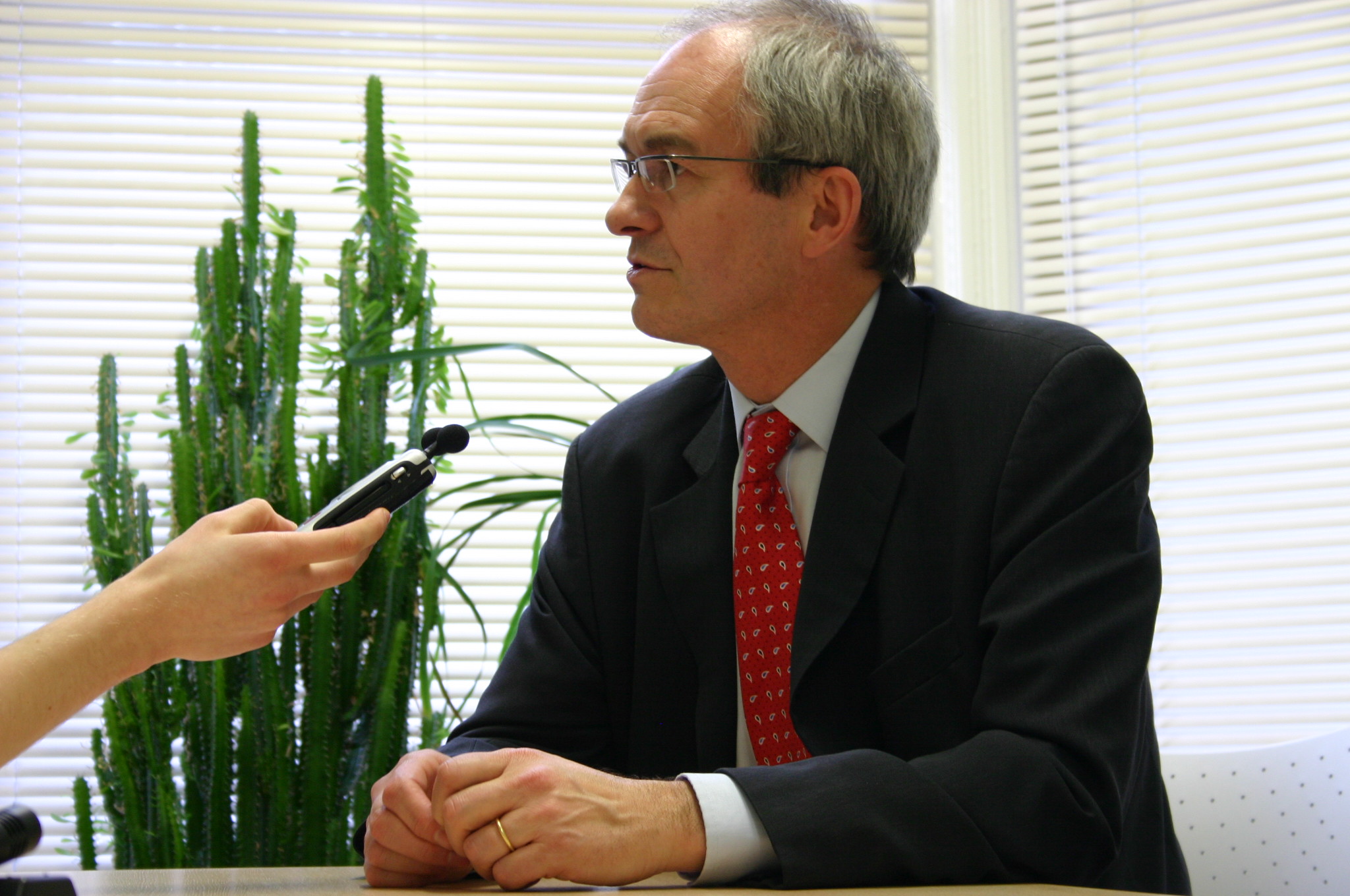
Does the EU understand its own past?
Source: Euro Parliament
Europe’s 20th century left a continent shattered by World Wars and Fascism and Communism. As Western Europe recovered after 1945 and went on to build a European Union based on democracy and open markets, countries behind the Iron curtain endured Communist rule. A recent public hearing looked at life under Communism and how little it is understood in west. Two decades on from the fall of the Berlin Wall and with West and East united, we want your opinion: “Does the EU understand its own past?”
Does the EU understand its own past?
If EU countries have emerged from sharply contrasting experiences, not yet sufficiently understood by each other, what of the EU as such? The EU has its own history, one emphasising democracy, unity and peace, but as the EU has enlarged to encompass 27 member states, does that history fully encompass the historical experience of all its citizens, including all those who lived much of the period since the founding of the EU under totalitarian, authoritarian and undemocratic regimes?
As part of this effort to create a better understanding of European history, the hearing – ‘European Conscience and the Crimes of totalitarian Communism: 20 Years After’ – on March 18 in Brussels brought together MEPs, European governments and NGOs. The discussion focused on how Europe should reconcile itself to its totalitarian legacy. It came ahead of a resolution MEPs adopted on 2 April to call for 23 August to be a Europe-wide day of remembrance for victims of totalitarianism.
West is West and East is East: different perceptions
Estonia was one of the countries swept back into the Soviet Union at the end of the war. Estonian Christian Democrat MEP Tunne Kelam chaired one of the panels at the hearing. He told us that it still surprises many Western Europeans that in the ten years following World War II “1 million people were killed in Central and Eastern Europe liberated by the Soviets”.
The consequences of this are that “today there are 10 of millions of citizens in Central and Eastern Europe who have or whose parents have suffered whose sense of justice have not yet been satisfied”.
Hungarian Christian Democrat MEP György Schöpflin told the hearing that “the West regards this issue as irrelevant as it gets in the way of everyday business” and that “Communist crimes are less important than Nazi ones”. He said such an approach “eats away at East-West relations”.
“90% never heard of Gulag”
Camilla Andersson from the Institute for Information on the Crimes of Communism in Sweden told the hearing about public perceptions on Communism and Nazism. In a recent survey of students aged 15-20 it found that 90% had never heard of the Gulag whilst the same number were well informed about the Holocaust. In addition 40% believed that Communism had contributed to increased prosperity in the world.
For the Presidency of the EU, the Czech Europe Minister Alexandra Vondra said that “knowing our past is also an essential tool to teach our children how to avoid intolerance, extremism and the recurrence of totalitarian rule in the future”.
Emmanuel Zingeris for the International Commission for the Evaluation of the Crimes of the Nazi and Soviet Occupation Regimes in Lithuania commented: “This is not an issue of left or right, this is an issue of the fate of our nations and that of millions of victims. We should not equal Nazism and Communism; gas chambers were not the same as gulags.”
In Romania the secret police – the Securitate – were particularly notorious. Marius Oprea from the Institute for the Investigation of the Communist Crimes in Romania told those gathered that: “More than 10,000 people were shot without any sentence by the Securitate, and out of the 1 million political prisoners more than 10% were killed during detention.”
Day of remembrance for victims
MEPs in a resolution adopted on 2 April called on European governments to establish 23 August as a Europe-wide Remembrance Day for the victims of all totalitarian and authoritarian regimes. It would mark the date of the infamous Hitler-Stalin pact of 1939 which enslaved millions. In a resolution on European conscience and totalitarianism they say “there can be no reconciliation without truth and remembrance”. They want the past to be documented and archives opened.








1 comment
Comments feed for this article
May 9, 2009 at 5:39 pm
french derek
People of my age (I am “pre-WW2”) can acknowledge the reality of the creation of the EU. Having made several visits to “the East” both before and after the fall of the Berlin wall (ie real liberation for them), I can empathise with the peoples of the eastern EU. However, for most EU citizens in the western EU states, they see the eastern states as simply a natural market opportunity. The idea of such countries “buying in” to an ideal of peaceful co-existance has passed them by.
But is this ideal the one that citizens of those central and eastern states actually “bought in” to? Were they seeking another form of security – another, more open bloc to belong to?
So, whilst Russia cannot accept (understand?) that eastern members of the EU (ex-members of the USSR) should insist that they were “occupied” by the USSR, neither does it seem likely that an official “remembrance day” will be understood by western EU citizens.